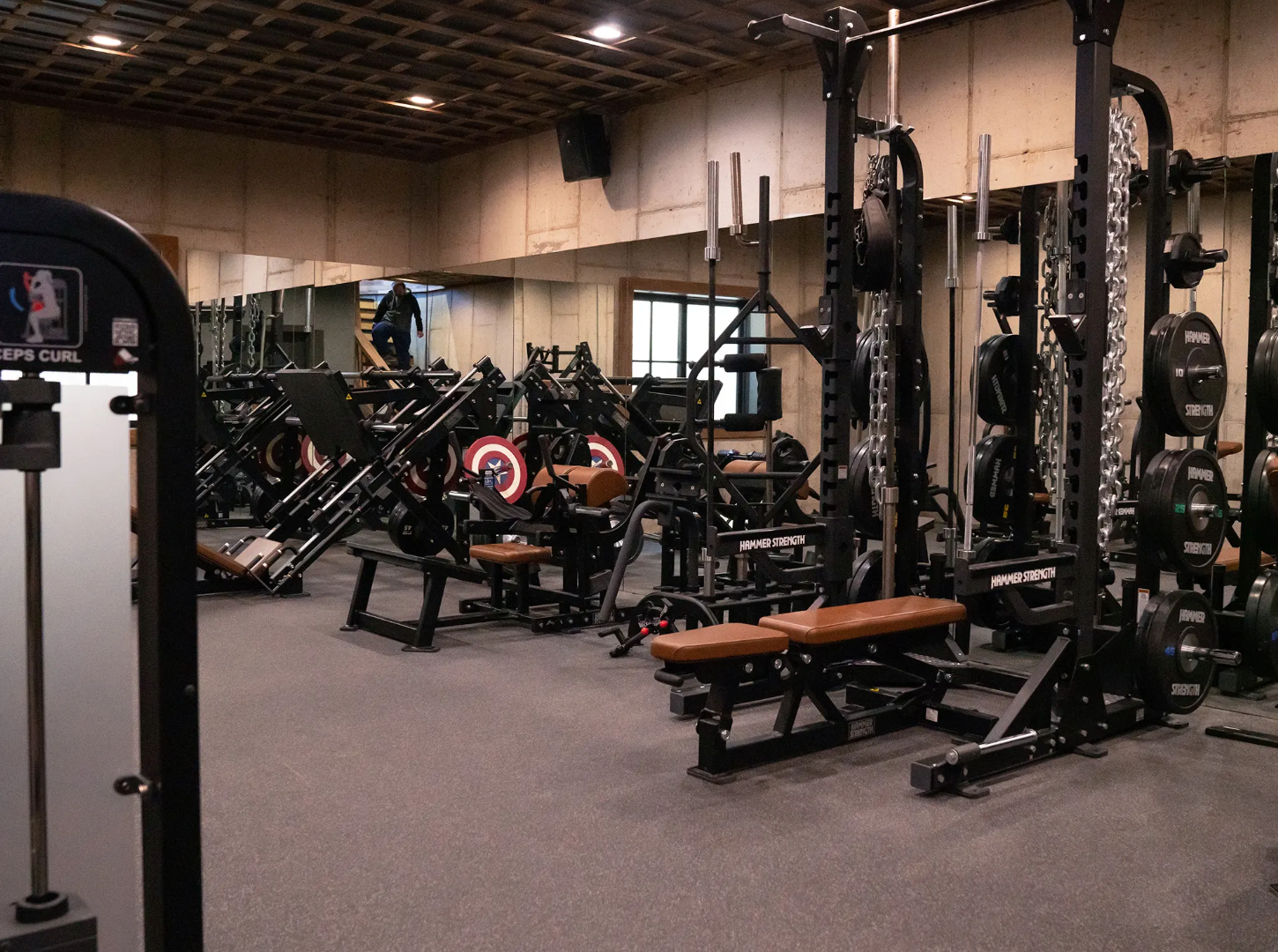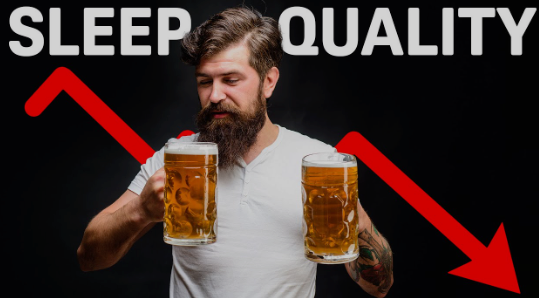We all breathe, right? It's an involuntary act so fundamental to life that we rarely give it a second thought. But what if your breathing habits, something as basic as inhaling and exhaling, was silently impacting your health, dental hygiene, and even your appearance? That's the consequences of chronic mouth breathing, a surprisingly common habit causing more health issues than you imagined.
Why Your Nose Matters:
Let's ditch the clear the air: our noses aren't just scent detectors. They're advanced air filtration systems, humidifiers, and nitric oxide factories, all rolled into one. When we breathe through our noses, we:
- Filter out dust, allergens, and pollutants: Tiny hairs and mucus in our nasal passages trap harmful particles before they reach our lungs.
- Humidify air: Dry air irritates our lungs and makes us more susceptible to respiratory infections. Nasal breathing adds moisture, keeping our lungs happy and healthy.
- Produce nitric oxide: This essential gas relaxes blood vessels, improves blood flow, and boosts cognitive function. It's only produced in the nasal passages, making nose breathing crucial for optimal health.
- Activate the diaphragm: Nasal breathing encourages deep, belly breaths that engage the diaphragm, the primary muscle of respiration. This leads to better oxygen intake and improved lung function.
- Promote calmness and focus: Nasal breathing activates the parasympathetic nervous system, our "rest and digest" mode, leading to reduced stress and anxiety and improved concentration.
The Mouth-Breathing Epidemic:
Unfortunately, mouth breathing has become increasingly common thanks to factors like:
- Chronic allergies and congestion: Blocked noses force us to mouth breathe, creating a vicious cycle.
- Enlarged tonsils and adenoids: These tissues can obstruct nasal breathing, especially in children.
- Stress and anxiety: Shallow mouth breathing is a common stress response.
- Sleeping on our backs: This position can make nasal breathing more difficult.
Beyond Snoring: The Consequences of Mouth Breathing
Mouth breathing isn't just annoying; it has serious health consequences, including:
- Increased risk of infections: Mouth breathing bypasses our natural filtration system, making us more susceptible to respiratory illnesses like colds, flu, and even pneumonia.
- Poor sleep quality: Mouth breathing can disrupt sleep patterns and lead to snoring and sleep apnea, further impacting oxygen levels and overall health.
Sleep apnea:
- Cognitive decline: Reduced oxygen intake and nitric oxide production can impair memory, focus, and learning.
- Headaches and fatigue: Shallow breathing can lead to oxygen deprivation and headaches, as well as feeling tired and drained.
- Dental problems: Mouth breathing dries out the mouth, increasing the risk of cavities and gum disease.
Facial Transformations Gone Wrong: Mouth Breathing's Impact on Appearance
The consequences of mouth breathing extend beyond internal health. Studies have shown that chronic mouth breathing can alter facial development, particularly in children, leading to:
- Elongated face: The jaw doesn't develop properly, leading to a longer, narrower appearance.
- Narrow palate: The roof of the mouth becomes narrower, potentially causing crowded teeth and misalignment.
- Gummy smile: The upper lip is pulled up to expose more gum tissue.
- Droopy eyes and dark circles: Poor sleep and oxygen deprivation can contribute to these features.
Reclaiming Your Breath: Tools for Nasal Breathing
The good news is that we can retrain ourselves to breathe nasally. Here are some helpful tools:
Nasal strips: These adhesive strips open up the nasal passages, making it easier to breathe through your nose. Studies have shown they can improve sleep quality and reduce snoring.
Mouth tape: This trending topic involves taping your lips closed at night to encourage nasal breathing. While not for everyone, research suggests it can improve sleep apnea and daytime alertness.
Breathing Exercises: Focusing on diaphragmatic breathing and nasal inhalation can train your body to breathe more efficiently.
Addressing underlying conditions: If allergies, tonsils, or other issues are hindering your nasal breathing, seek medical help.
Remember, nasal breathing is the primary way to breathe. Be patient with yourself, and celebrate even small victories. With dedication and the right tools, you can reclaim the lost art of nasal breathing.




Leave a comment
This site is protected by hCaptcha and the hCaptcha Privacy Policy and Terms of Service apply.